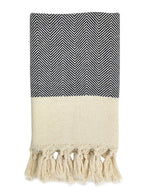
IN THIS ARTICLE
Canine comfort leaves us all starry-eyed and gooey with love. There's a reason dogs have been considered 'man's best friend' forevermore but now science is here to back that slogan up. It turns out that dogs truly can be awesome for anxiety. While you may gaze at your furball of fiery energy tearing up your shoes and wonder exactly how this dog is ever going to ease anxiety, there are dogs out there that are trained to be emotional support animals. These hounds undergo huge training to become service animals (just like a seeing-eye dog would). It depends on your personal mental health and your own anxiety disorders as to whether a companion dog, therapy dog or a simple beloved pet would suit you best. Because we love all things dog, we are going to break it down for you and share some tips to help you find the right dog to accompany you on your journey through life.
How Dogs Can Help with Your Anxiety

We all have a smattering of anxiety. It's the way our lizard brain stays tuned in to potential threats and danger. But for some people, heightened anxiety, a constant state of high alertness, and other mental health issues can make for a challenging life. Fortunately, therapy dogs can help those with heightened anxiety disorders.
Studies have shown that people with pets tend to have lower blood pressure and a lower resting heart rate than people without pets. Pets have been found to have a hugely profound and beneficial impact on our life. Dogs are full of unconditional love, affectionate, often intuitive. They need exercise and love in return which motivates us each day. They offer stability, distraction, sometimes silly antics to make us laugh, and their very presence can work wonders when it comes to stress reduction.
An emotional support dog brings all of this and much more for those who are looking for service dogs who are specially trained when it comes to dealing with owners who have panic attacks or a more severe anxiety disorder. These are some of the tasks a service dog is trained to do...
- Know how to spot the signs of an oncoming anxiety attack
- Fetch meds or someone who can help during an episode
- Protects the person from other people approaching when in the midst of an anxiety attack
- Applies pressure, physical contact, or comfort for reducing anxiety
- Reminds their owner to take medication at a certain time
Types of Support Dogs

There are different kinds of dogs out there that provide emotional support in different ways. This can be a personal pet that naturally brings social-emotional benefits by providing comfort and company. Or if can be a dog trained in helping during moments of emotional distress. We look at the different kinds of support dogs out there so you can work out if you need to find yourself a companion dog, a therapy, or a trained service pet.
- Service dogs: These are highly trained animals that are legally allowed to go everywhere with their owners. They don't just provide emotional support, but they are trained in tasks that assist their owner during an episode.
- Therapy dogs: Therapy dogs also have special training and aren't usually full-timers with people in need. Instead, they go into places that require social-emotional benefits in sessions. It's not uncommon to see therapy dogs in places like schools, nursing homes, and visiting hospital patients.
- Emotional support dogs: An emotional support animal isn't trained in any special way. They are usually for those people with anxiety and PTSD. They don't have the same legal status as service dogs, but they are protected by laws that allow them to be in housing (thanks to the federal fair housing act) and on airplanes if their owner has a note from a medical professional.
- Companion pets: This is your standard dog ownership in the eyes of the law. However, companion dogs are awesome for those who suffer from high anxiety levels or who struggle in stressful situations. Companion dogs are affectionate, encourage you when it comes to spending time outdoors, and are just an awesome comforting presence in your life.
What to Look for When Choosing a Dog for Your Anxiety

So, if you are starting to think that therapy dogs or wonderful companion dogs may be the right choice for you, just how do you choose the right kind of dog to help with anxiety relief? From finding a canine companion with the right energy level to a small breed that can be easily trained or a big dog that adds an element of personal safety, here are some considerations to make when it comes to getting a great therapy dog.
The best advice is not to rush into it. Getting a pet dog is a big responsibility and you want to make sure you get matched with a dog that matches your needs. Visit your local shelters and meet some rescue dogs, speak to experts, and take the time to find the right breed for you.
Temperament: This is one of the most important considerations when getting a dog for anxiety. Some dogs can be naturally reactive which means a lot of chasing, barking, and energy. This may not be the best recipe for those looking to reduce anxiety and could just cause additional stress. Look for a chill breed that prefers to sit quietly rather than one with high energy levels.
Trainability: Some breeds are much easier to be properly trained than others. Having an obedient dog that can retain commands and has good recall is going to make life run a little smoother. Highly intelligent and working breeds tend to be good for this.
Dog Admin: Like all pets, dogs need some care too and you want to make sure that you pick a low maintenance breed that doesn't require too much grooming or weekly brushing, or you may end up spending a fortune at the groomers.
Size: While gentle giants bring a ton of comfort and security, you may want to consider smaller breeds if you want to be able to take your dog everywhere with you. Smaller breeds have the benefit of being more acceptable in shared public spaces like cafes, airplanes, trains, etc.
Best Dog Breeds for Anxiety
While having some breed information can help you whittle down the decision, don't get too stuck into black and white thinking. Each dog, like each person, is utterly unique, and each will bring its own personality and pleasure into your life. When whittling down which breeds may be the best dogs for anxiety, we looked for types of affectionate dogs known for their willingness, their eager to please attitude, and their gentle low maintenance needs too.
Golden Retriever

Temperament: Loyal and friendly
Energy level: High but they do love a snooze
Care: Benefits from a regular brush
Easy to train: Top marks
A forever friend, the loyal and loving, and often quite silly Golden Retriever are playful tykes with plenty of patience. They are adaptable, highly food orientated making them easy to train, and make for great companion animals.
WHO THIS IS FOR
Labrador Retriever

Temperament: Obedient and playful
Energy level: High but good at taking commands
Care: Pretty low
Easy to train: Loves to please
Similar to goldies, the lab is super easy to train and very human-centric meaning that they make for awesome service dogs. They are loyal companions and highly adept at fetching things. They are commonly picked for service work because of all the above.
WHO THIS IS FOR
Bichon Frise

Temperament: Sweet and sunny
Energy level: Not too exhaustive
Care: Deffo needs a regular groom but is also great for allergy sufferers
Easy to train: Smart and easy
A smaller breed of dog than the other two, the Bichon Frise doesn't take up too much space and is generally very well behaved. They are said to be one of the friendliest dogs out there making them great companions for those who want to be a pet parent to a low worry dog.
WHO THIS IS FOR
Cavalier King Charles Spaniel

Temperament: Calm and consistent
Energy level: Lapdogs with plenty of pluck
Care: Not too much, but a good brush goes a long way
Easy to train: Ever obedient
Cavalier King Charles Spaniels are super sweet dogs. They were actually bred to be lap dogs meaning that they adore nothing more than sitting quietly and calmly with their human companion. This doesn't mean that they are without fun, just like a cocker spaniel they are energetic and playful too.
WHO THIS IS FOR
Other breeds to consider...
- Pembroke Welsh Corgi - quick to bond, hugely adaptable, and often used as companion dogs.
- Wiener dogs - cute, hilarious, and low-maintenance, these are sensitive long, little souls
- Border Collie - loyal and quick to train but they can have more dog anxiety than other breeds as they need lots of exercise and stimulation.
- Saint Bernard - the epitome of a gentle giant, the Bernese Mountain dogs are large dogs with large hearts and everlasting patience.
- Yorkshire Terrier - a small dog that forms a tight-knit bond with its owner, Yorkies are family members through and through.
Next Steps

If you decide that you have enough space in your life, your home, and your heart for a dog and want one that can help to ease your anxiety, here are the steps you need to take.
How to get a service dog for anxiety
If you want a pet or companion that isn't specially trained, you can work with your local shelter and get a rescue dog. Rescue dogs can be truly rewarding creatures to bring into your world. They are loyal, individualistic, and they so deserve a second chance at life.
If you have more complex needs and require a dog specially trained or a psychiatric service dog then you will need to reach out to local organizations and see if you qualify. You may need to meet the criteria to be eligible. You can also speak to your medical professional or therapist to help connect you.
What owning a pet realistically involves?
Before you sign up to be a dog owner, here's a list of pet ownership issues that you also need to consider.
- Vaccinations and passports
- Veterinarian bills
- Grooming costs
- Petfood costs
- Daily exercise and walks
- Doggy daycare
Do you have any experience with service dogs or dogs for anxiety? We would love to hear all about your experience as a pet owner with anxiety. Share your stories in the comments.














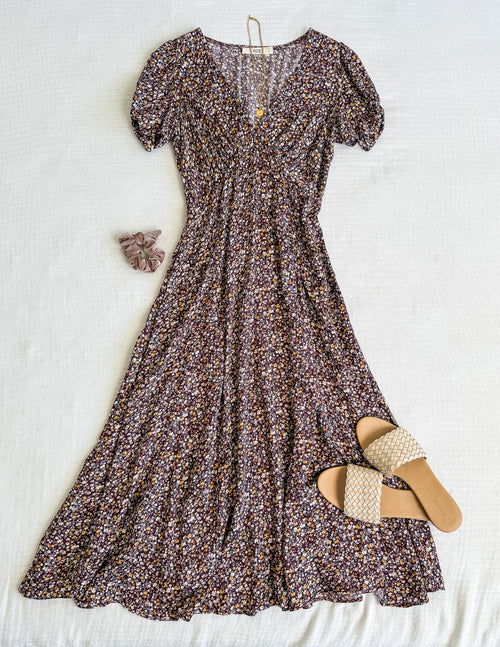








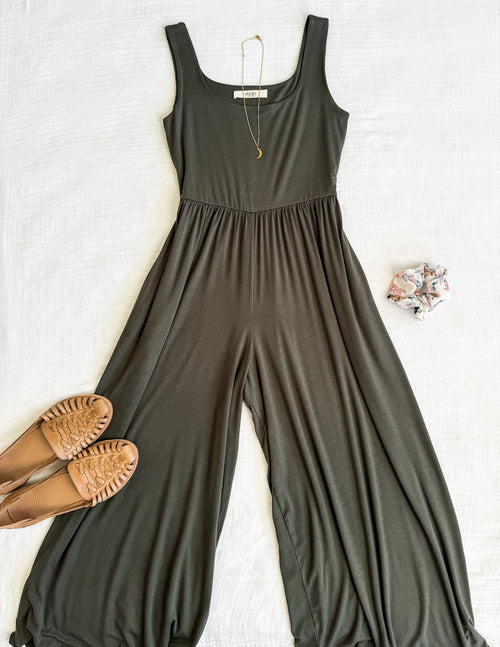




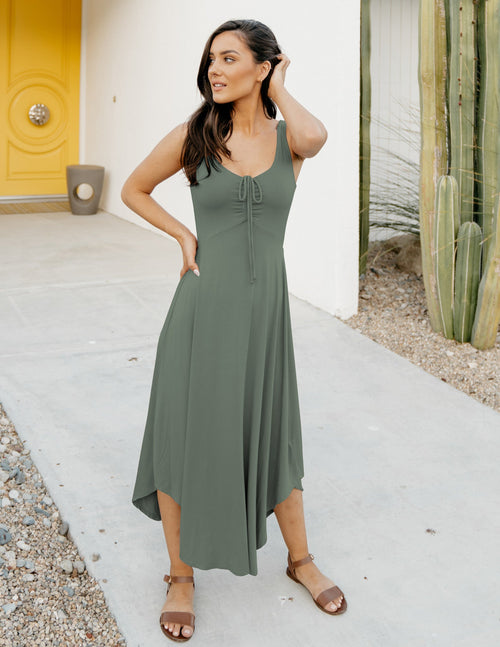







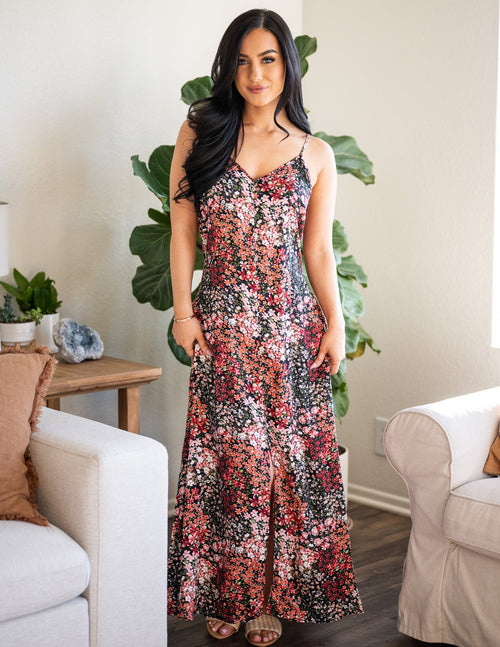









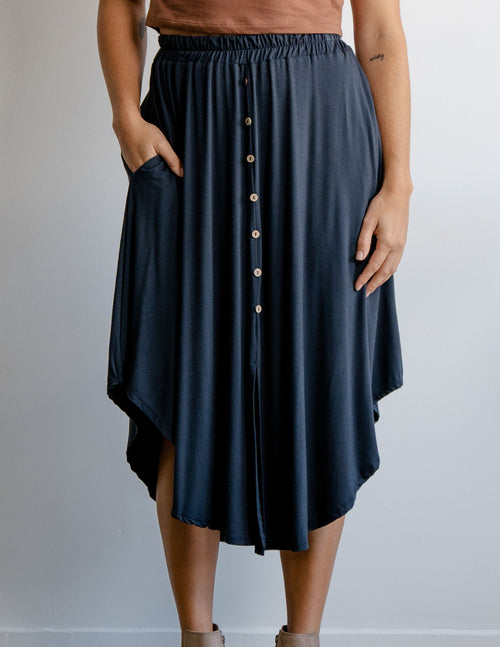









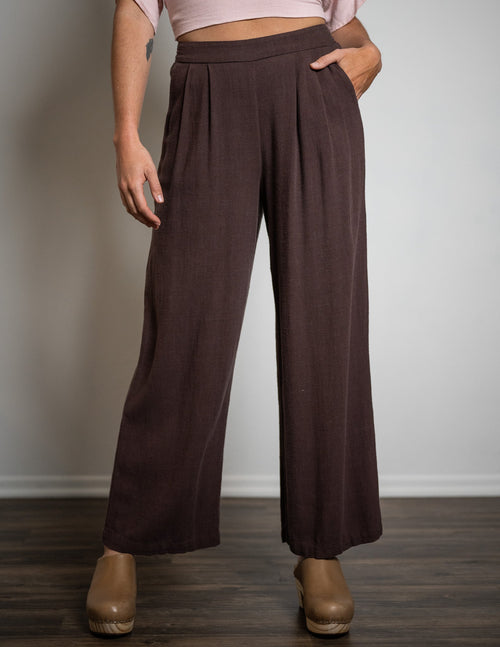

















 TOP
TOP

